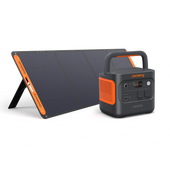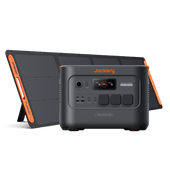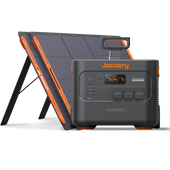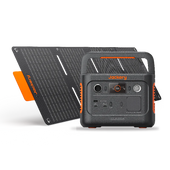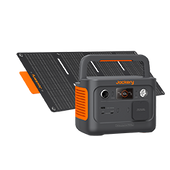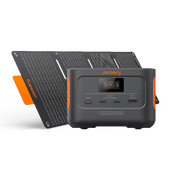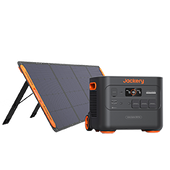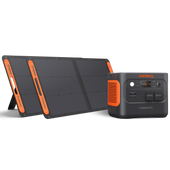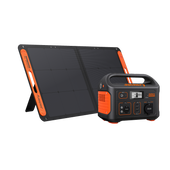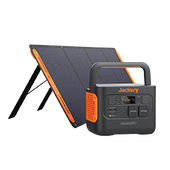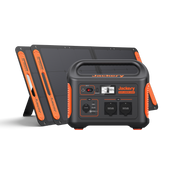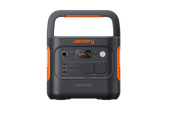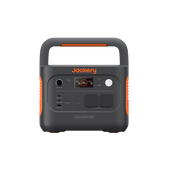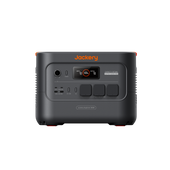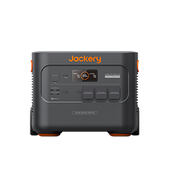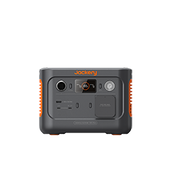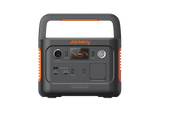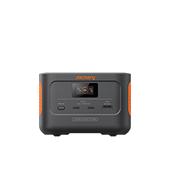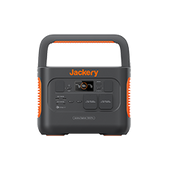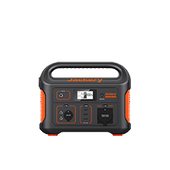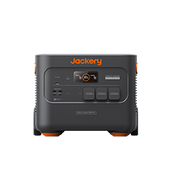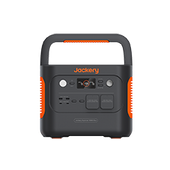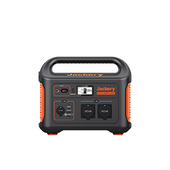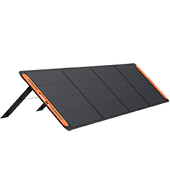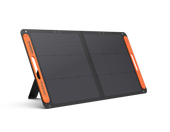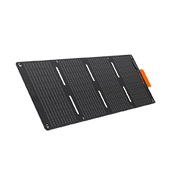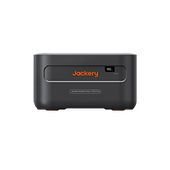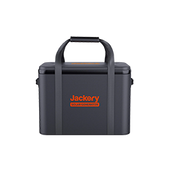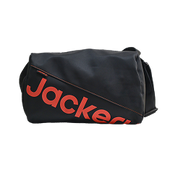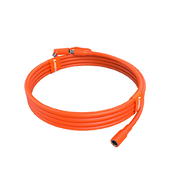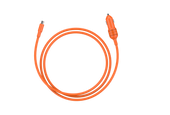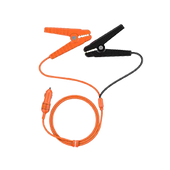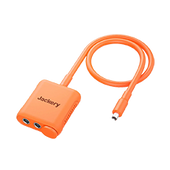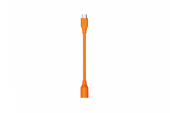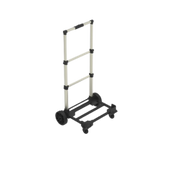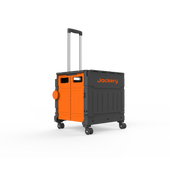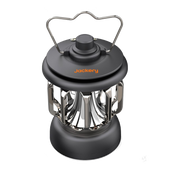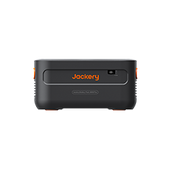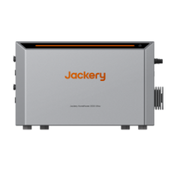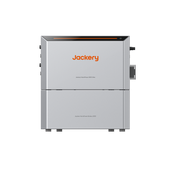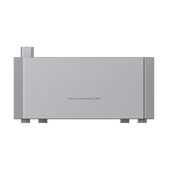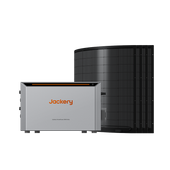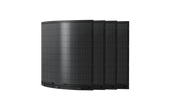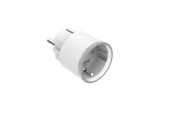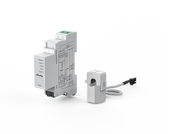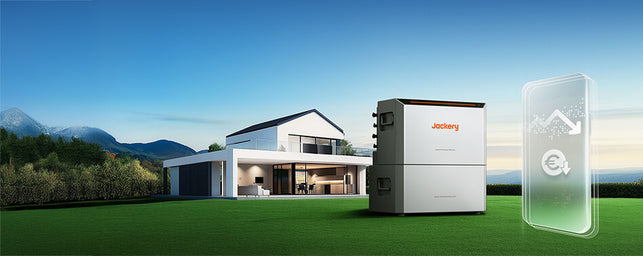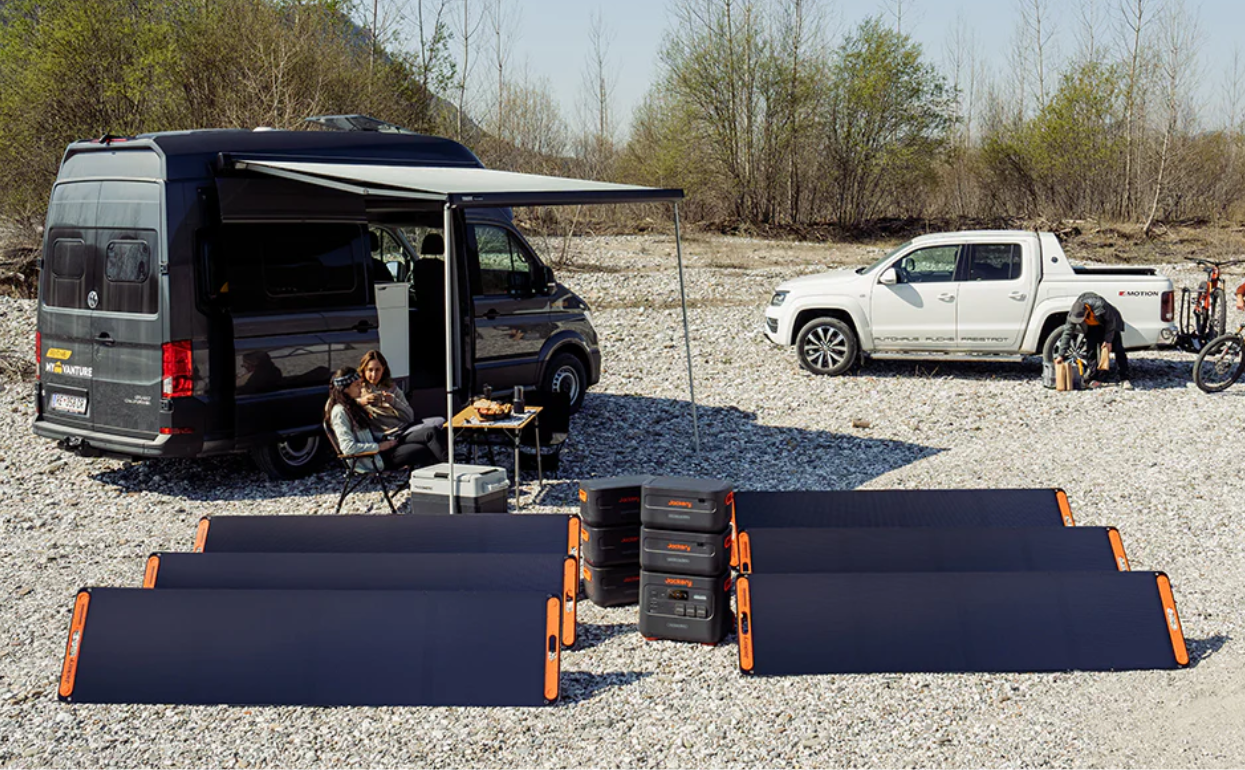Planning a camping trip across Europe can feel overwhelming. You might worry about navigating unfamiliar roads with a dead phone, facing unexpected fines for breaking local rules, or shivering through a cold, damp night. A successful trip depends on having the right camping essentials, transforming potential stress into pure adventure.
Plan Smart: Your Pre-Trip Blueprint for Europe
A smooth European camping trip begins long before you leave home. Focusing on the essentials of pre-trip planning helps you avoid common pitfalls like fines, forgotten gear, or logistical headaches on the road.
What Local Regulations Should I Research?
Every country, and often every region, has its own rules. Before you go, thoroughly check local regulations to avoid costly fines or environmental damage. Emphasize researching wild-camping laws, seasonal fire restrictions, and specific waste disposal rules for your destination. Official government and tourism websites are your most reliable sources.
How Does My Transport Affect My Gear Choices?
Your mode of transport dictates your gear choices. If you're traveling by train, prioritize compact, lightweight, and multi-use gear to stay mobile. For those driving, remember that many European country roads are narrow; plan your vehicle storage to keep the cabin clear and essentials easily accessible.
Why Should I Do a Gear Dry-Run?
There are no second chances once you're in the middle of the Black Forest. Stress-test your essential camping equipment at home to prevent campsite disasters. Set up your tent completely, test your stove to ensure it ignites properly, and check all power equipment, including charging cables and portable power stations.
How Should I Organize My Critical Documents?
Keep your critical documents organized and readily accessible. This includes passports, travel insurance policies, vehicle registration, and any required driving permits. Create digital backups on a secure cloud service or a password-protected USB drive as a crucial safety net.
The "Big Three": Your Core Shelter & Sleep System
The "Big Three"—your tent, sleeping bag, and sleeping pad—are the absolute foundation of your comfort and safety. Skimping on these core camping essentials can turn a dream trip into a miserable experience. They are your primary defense against the elements.
What Kind of Tent Do I Need for European Weather?
Europe's weather is famously unpredictable, even in summer. A reliable three-season tent is your best investment. Look for one with a good hydrostatic head rating (a measure of waterproofness) to handle persistent rain and a vestibule for storing wet gear and muddy boots outside your sleeping area.
How Do I Select the Right Sleeping Bag and Pad?
A good night's sleep is non-negotiable. Your sleeping system is key to staying warm and rested. When making your selection, consider the following:
● Temperature Rating: Guide your choice by considering the expected low temperatures of your destination and select a bag rated accordingly.
● Insulation from the Ground: For the damp, chilly climates often found in Northern Europe and alpine regions, a sleeping pad with an R-value of 4 or higher provides critical insulation from the cold ground.
● Insulation Type: Contrast synthetic materials, which perform better when damp, with down, which is lighter and more compressible but loses its insulating properties when wet.

Camp Kitchen & Waste Management Essentials
A well-planned camp kitchen allows you to enjoy warm meals without carrying excessive weight. Equally important is managing your food storage and waste responsibly to protect Europe's pristine natural environments.
What's in a Minimalist Camp Kitchen?
Keep your kitchen setup simple and effective. Focus on a reliable single-burner stove, a set of nesting cookware to save space, and a simple wash kit. Your wash kit should include a small basin, a scrubber, and biodegradable soap to minimize your environmental impact.
What Are the Rules for Food Storage and Waste?
Proper food storage is about more than just neatness; it's about protecting wildlife. Use sealed, hard-sided containers to deter curious animals like foxes, badgers, and birds from raiding your supplies. Always adhere to the "pack it in, pack it out" principle, especially in national parks and protected areas. Carry durable garbage bags and be prepared to pack out all your trash, including food scraps.
Staying Charged Off-Grid
The modern camper faces a unique dilemma: the need for reliable power far from the nearest outlet. From GPS navigation and communication to capturing memories on a camera, staying charged is no longer a luxury but essential for safety and convenience.
How Do I Determine My Power Needs?
Your ideal power solution depends entirely on your usage. By identifying your needs, you can choose the right essential camping equipment without overpacking.
● For the Minimalist: The primary goal is to keep personal devices like phones, headlamps, and a camera charged for short trips.
● For the Car Camper: You need to power multiple devices for the whole family, run camp lights, and perhaps operate a small 12V cooler or mini fridge.
● For High-Demand Users: You're running small appliances like a coffee maker, charging laptops for remote work, or require sustained power for extended off-grid trips.
Which Jackery Model Is Right for Me?
A portable power station is the definitive solution for off-grid power needs. Jackery offers a range of models tailored to every type of European adventurer.
The Jackery Explorer 300 Plus is the perfect minimalist solution.
- Ultra-portable at just 8.27 lbs (3.75 kg).
- Charges a camera (8.4W) 12 times.
- Charges a mobile phone (29W) 13 times. This compact unit easily fits in a backpack, ensuring your essential navigation and communication devices never run out of battery.
The Jackery Explorer 500 v2 is ideal for car campers with more demanding needs.
- Durable LiFePO4 battery with a 6,000-cycle lifespan.
- Ultra-fast full charging in one hour (AC + Solar).
- You can run a portable fridge (60W) for 4.5 hours. It provides reliable power for weekend trips, keeping your food fresh and all your family's gadgets charged.
The Jackery Explorer 1000 v2 is the ultimate solution for serious power needs.
- Emergency supercharging from 0-100% in 1 hour.
- Powers a tablet/laptop (50W) for 13.5 hours.
- Features USB-A/C ports with up to 100W dual PD charging. This powerhouse is for those who need uncompromising performance for long-term travel or running higher-wattage appliances off-grid.
How Can I Recharge Sustainably Off-Grid?
The true freedom of a portable power station is realized when paired with solar panels. Jackery's bifacial high-efficiency solar panels capture sunlight from both sides, maximizing energy generation even on overcast days. This combination creates a fully sustainable, self-sufficient power system, allowing you to stay off-grid indefinitely as long as there is daylight.
You can also learn more by reading our Guide on how to power your camping trips.

Health, Safety, and Smart Packing
This final category of camping essentials combines health, safety, and clothing into one actionable checklist. Being prepared for minor injuries and unpredictable weather is crucial for a safe and enjoyable trip.
What Should Be in My First-Aid and Navigation Kit?
Your safety kit should be comprehensive and reliable. Be sure to pack:
● A First-Aid Kit: More than just plasters, include blister care (like Moleskin), antiseptic wipes, various bandage sizes, and specialized tools like tick removers, which are essential in many of Europe's forests.
● Backup Navigation: While a smartphone is a great tool, always carry a physical map and compass as a foolproof backup for navigation.
What Is the Best Clothing Strategy for Camping?
The key to comfort in Europe's variable climate is layering. A three-layer system allows you to adapt to any weather condition instantly.
● Base Layer: A moisture-wicking layer (merino wool or synthetic) to pull sweat away from your skin.
● Mid-Layer: An insulating layer (like a fleece or puffy jacket) to trap body heat.
● Shell Layer: A waterproof and windproof outer jacket to protect you from rain and wind.
Why is Footwear So Important?
You will spend a lot of time on your feet. Invest in a pair of quality, waterproof hiking boots and, most importantly, break them in thoroughly before your trip to prevent painful blisters. Also, pack a pair of comfortable camp shoes, like sandals or slip-ons, to give your feet a rest at the end of the day.
Pack Smart, Camp Confidently
A successful European camping trip hinges on three pillars: smart pre-trip planning, prioritizing the "Big Three" for shelter, and having a reliable power strategy. By creating a thorough camping essentials list and testing your gear beforehand, you eliminate guesswork and anxiety.
Frequently Asked Questions
How can I find reliable information on specific wild-camping laws and fire restrictions for lesser-known regions or smaller towns in Europe?
Research official tourism board websites, local government environmental agencies, or dedicated national camping forums for the most accurate regional regulations. These sources provide up-to-date information that general travel blogs might miss.
Beyond the recommended Jackery models, what are some key technical specifications or features I should look for when comparing other portable power stations for European travel?
Prioritize battery chemistry like LiFePO4 for longevity and safety, and ensure the unit has a pure sine wave inverter to protect sensitive electronics. Also, compare charge times, weight, and the availability of port types you need, such as AC, DC, and high-wattage USB-C PD.
What are some effective strategies for dealing with unexpected gear failures or replacements while traveling through multiple European countries?
Before your trip, research major outdoor retail chains with a presence across Europe and note their locations. Additionally, consider travel insurance that specifically covers gear loss or damage for financial peace of mind.
Are there any specific cultural considerations or etiquette tips I should be aware of when camping in various European countries, especially regarding noise, privacy, or interacting with locals?
Always research local customs regarding quiet hours (often after 10 PM) and respect private property boundaries, which are taken very seriously. Learning a few basic phrases like "Hello" and "Thank you" in the local language is a simple way to show respect in polite interactions.
For those planning extended trips, what are some practical tips for laundry and personal hygiene when access to traditional facilities is limited?
Pack quick-drying clothing made from merino wool or synthetic fabrics and use a portable wash bag with biodegradable soap for small loads. For larger laundry needs, research public laundromats ("Waschsalon" in Germany, "Laverie" in France) in towns along your route.



